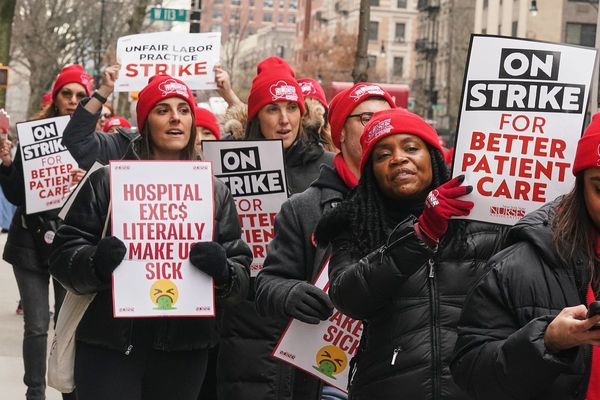
The NSW Department of Public Prosecutions (DPP) recently confirmed that Jarryd Hayne will face a third sexual assault trial, after having his prior conviction quashed in the criminal court of appeal a few weeks ago.
The grounds on which the appeal succeeded were errors in directions given to the jury on the mental element of the offence, specifically as to whether Hayne was reckless as to consent, and whether he had reasonable grounds to believe the alleged victim was consenting.
This isn’t the first high-profile sexual assault case where jury misdirection has successfully constituted a ground for appeal; in 2016, Luke Lazarus was granted a new trial on the basis that the original trial judge had misled the jury on the question of the accused’s belief in the victim’s consent. And Hayne’s first trial ended in a hung jury, which is reminiscent of NRL player Jack de Belin’s two sexual assault trials that both ended with no verdict.
NSW Courts data show that in 2019-20 the conviction rate was 56.8%, a consistently low rate when compared with 75% for manslaughter or 85% for theft. In all cases, it paints a picture that it’s difficult to secure a sexual assault conviction that sticks.
What legal factors prevent convictions?
Jury misdirection
In sexual assault cases, the trial judge must explain to the jury how to consider the mental element of the accused’s belief in the victim’s consent. Mistakes in the judge’s language at trial around this element led to successful appeals by both Hayne and Lazarus, respectively.
Speaking generally, Dr Julia Quilter, criminal law expert from the University of Wollongong, told Crikey that the status quo of sexual assault jury directions do “tend to lead to the possibility of a misdirection”.
“The direction that the goodwill legislative reform has occurred in this area means that we actually have a very technical way in which judges have to direct juries,” she said.
But Dr Quilter is optimistic that the “significant changes” set to be introduced later this year under new consent laws will simplify jury directions. These changes include reforming the accused’s belief-in-consent model in favour of affirmative consent, and new jury directions aimed addressing common misconception about consent.
“Hopefully these (changes) assist the running of trials and make for less errors in this particular area.”
Hung juries
The complicated factors surrounding sexual assault convictions contribute to the likelihood of a hung jury, but sexual assaults are actually no more likely to result in a hung jury than any other criminal trial. Less than 5% of criminal trials end with no verdict, signifying not a failure of the legal system but the difficulty jury members in criminal trials face in determining whether a belief in guilt reaches the highest standard of beyond a reasonable doubt.
Limited reporting
Aside from the general difficulty in securing a sexual assault conviction, evidence suggests that only 13% of women reported their most recent incident of sexual assault by a male perpetrator to police. A lack of belief that anything can be done is a commonly cited reason, as well as the belief that the assault wasn’t serious enough to warrant a complaint and what such a complaint entails.
Under-reporting remains emblematic of the larger community sentiments around rape. First posited by legal feminist Carol Smart in 1990, the “law’s truth” about consent relies on the public perception of what constitutes “real rape”. Perhaps the legal realities of sexual assault won’t change until there is unity across the legal world, law enforcement and society as whole as to what sexual assault looks like.
Why did Hayne get a third trial and what are his prospects?
The DPP’s Prosecution Guidelines outlines the factors to consider when pursuing a retrial. They include whether a verdict was reached in previous trials, and if not, the reasons and whether another jury would be in a better or worse position to reach a verdict. Where the retrial follows a successful appeal of a conviction, any evidence deemed inadmissible in that process will be considered. In all cases, the DPP will consider the seriousness of the matter, time already spent in custody, cost to the community and the accused, the views of the victim and police, and whether evidence is still available.
Further, the appeal also confirmed it was a legal error to exclude evidence from the second trial: text messages that explained the complainants’s state of mind including a so-called “abiding interest in having sex with Jarryd Hayne”. The alleged victim will likely have to take the stand again — a matter that would likely have been considered before pursuing the third trial.
Hayne will be back in court on March 21, where he will argue the trial should be held in Newcastle where the alleged assault took place.







